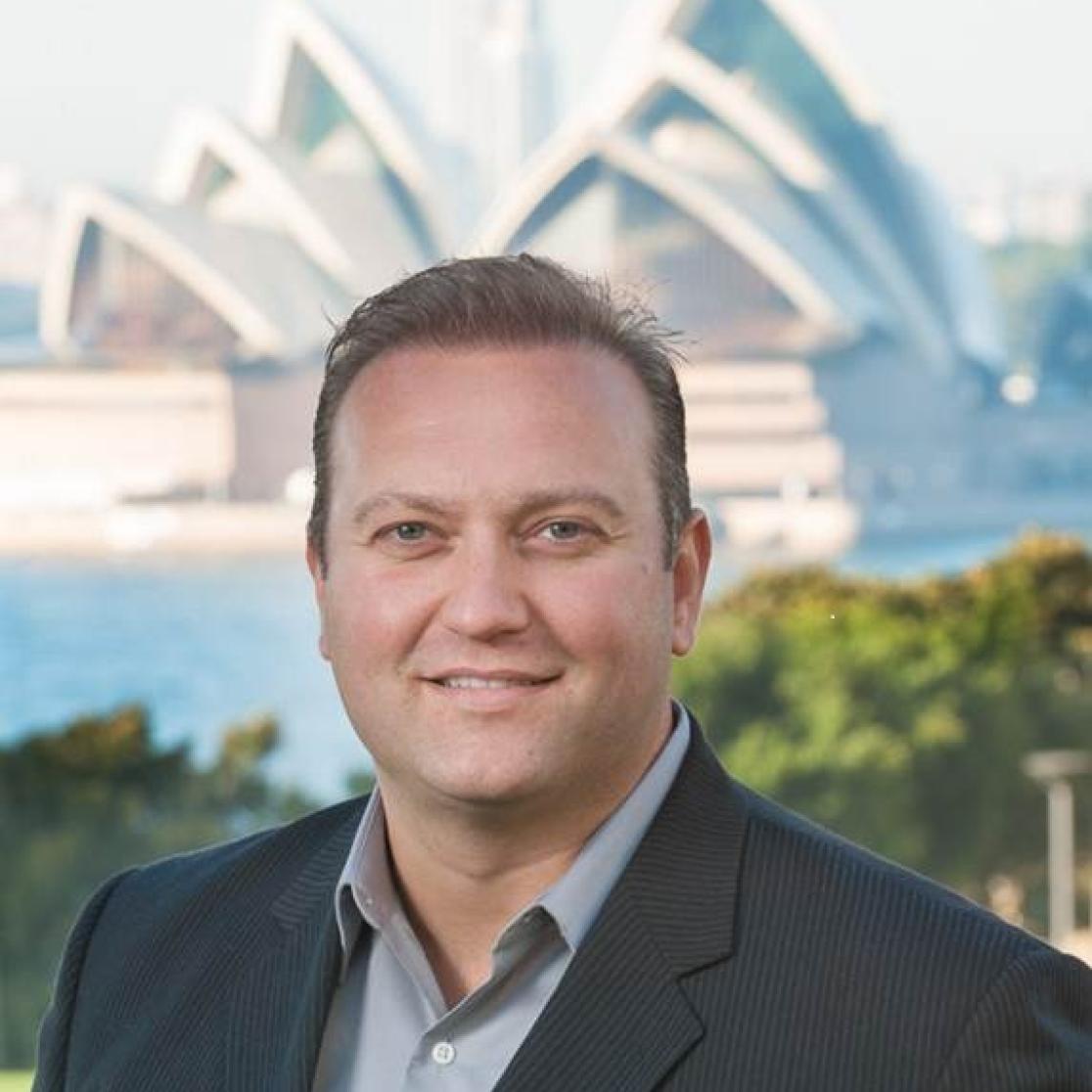Made in Maastricht: Robbert Rietbroek
After graduating in 1996, Robbert Rietbroek (41) quickly started working for Procter & Gamble. Was it easier to get a job then than it is now? ‘No, not really’, he says. ‘Back then it took an average of around twelve months before you could start your first job. Fortunately, I was always very active in addition to my studies. That helped.’ Now, 18 years later, he is one of Australia’s youngest CEOs, and he can already look back on an impressive career.
He started his career in Rotterdam but soon moved to Venezuela. ‘I didn’t speak a single word of Spanish, but I was drawn to the adventure. It was a great success, both for me personally and also for the company.’ Robbert stayed in Caracas until an attempted coup took place on 11 April 2002. It was a turbulent time; he even had to leave the country. Despite the unusual circumstances, he learned a lot there. ‘It’s good to know that you can be successful in extreme conditions.’ However, he downplays his own role. ‘In those moments, you realise the power of having a good team around you.’
Robbert collected countless frequent flier miles in the course of his years at Proctor & Gamble. He moved so often that he almost lost count: 7 intercontinental moves and some within national borders. After Venezuela he lived in Cincinnati with his Peruvian wife; they then moved to Brussels, where their first daughter was born. Back to Cincinnati, then to Geneva and then back again to Cincinnati. In 2012, he accepted a job at Kimberly Clark. After his first posting, in Irving, Texas, he moved to Sydney, where he has lived with his family since 2013.
Back in the day, he chose to attend Maastricht University because of its good reputation, the English-language education and simply because it was close to his family home in Geleen. He was only 16 when he finished secondary school and just 17 when he rented a room in Maastricht. ‘I eventually got a room in the Wittevrouwenveld, a working class neighbourhood where I played table football with the regulars at the local pub’, he says. The degree programme was in keeping with his wishes and in marketing courses he realised ‘this is what I want’. In addition, ‘we learned to work together in Maastricht. At other universities, there is much more competition with each other.’ Prof. Ko de Ruyter, Prof. Hans Kasper and Prof. Charles Pahud de Mortanges were very important to his development. And of course Robert Pans, his study adviser, was always there for him. Was there also time for fun? ‘Of course. We always ate sandwiches at Café Tribunal for lunch and in the evenings there was good dancing at the Veronicaboot.’
‘Sydney is beautiful. We live in Mosman, just outside the heart of Sydney.’ His daughters, ages 6 and 8, attend school there. ‘Australians are special people: very direct, non-hierarchical and, at the same time, very modest. You especially shouldn’t assume you are better than anyone else. This is the first time I’ve come in contact with tall poppy syndrome. It’s a typical Australian phenomenon with Dutch characteristics.’
Robbert and his family enjoy living in Sydney. However, for Christmas they travel to his wife’s homeland, Peru. They celebrate Christmas in their house on the beach in the sunshine. ‘We set off fireworks, like we do for New Year’s Eve in the Netherlands. And on 24 December at midnight, the turkey is carved.’ That is a tradition he could get used to, but finds difficult. ‘Luckily, I’ve been able to convince my Peruvian family than eating at midnight is not a good idea’, he laughs.
What distinguishes Maastricht alumni from other alumni? ‘We are much too modest’, he says. ‘All my old classmates are extraordinarily successful in what they are doing. We can compete with anyone.’
